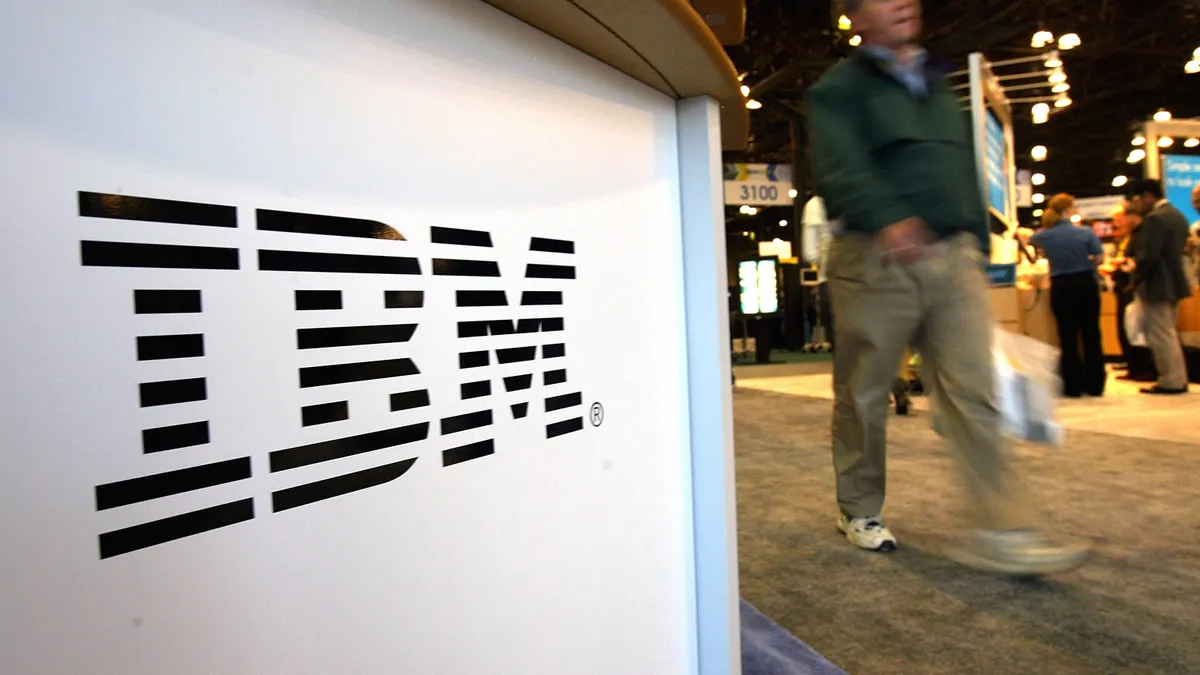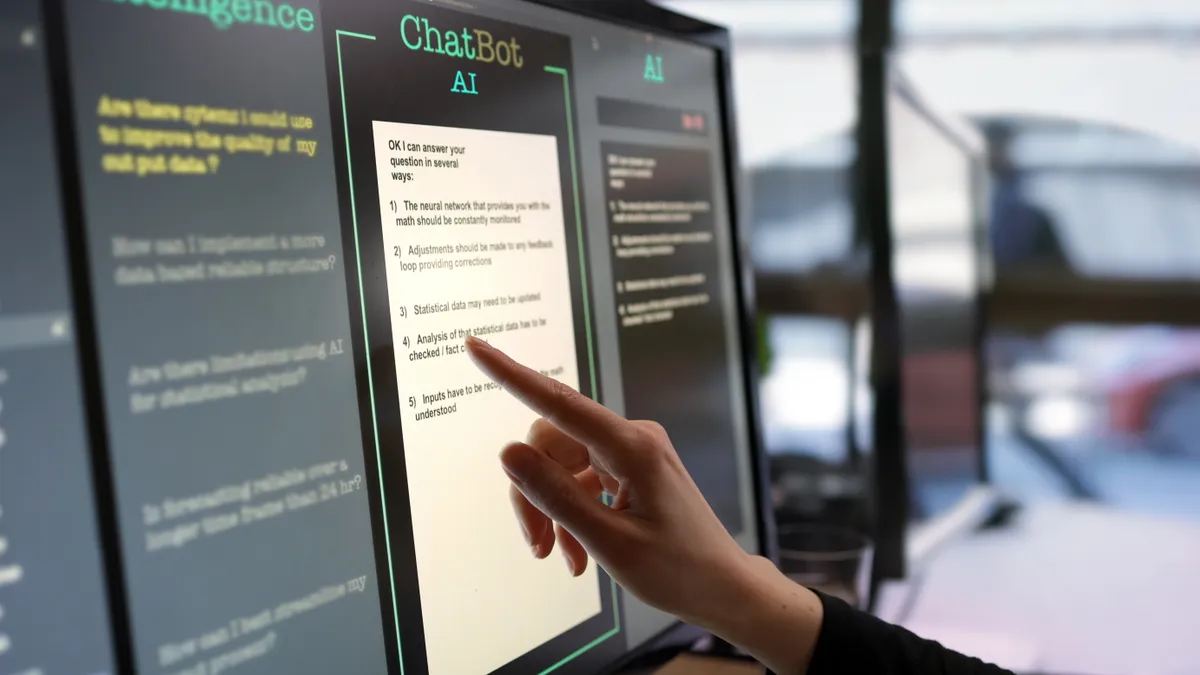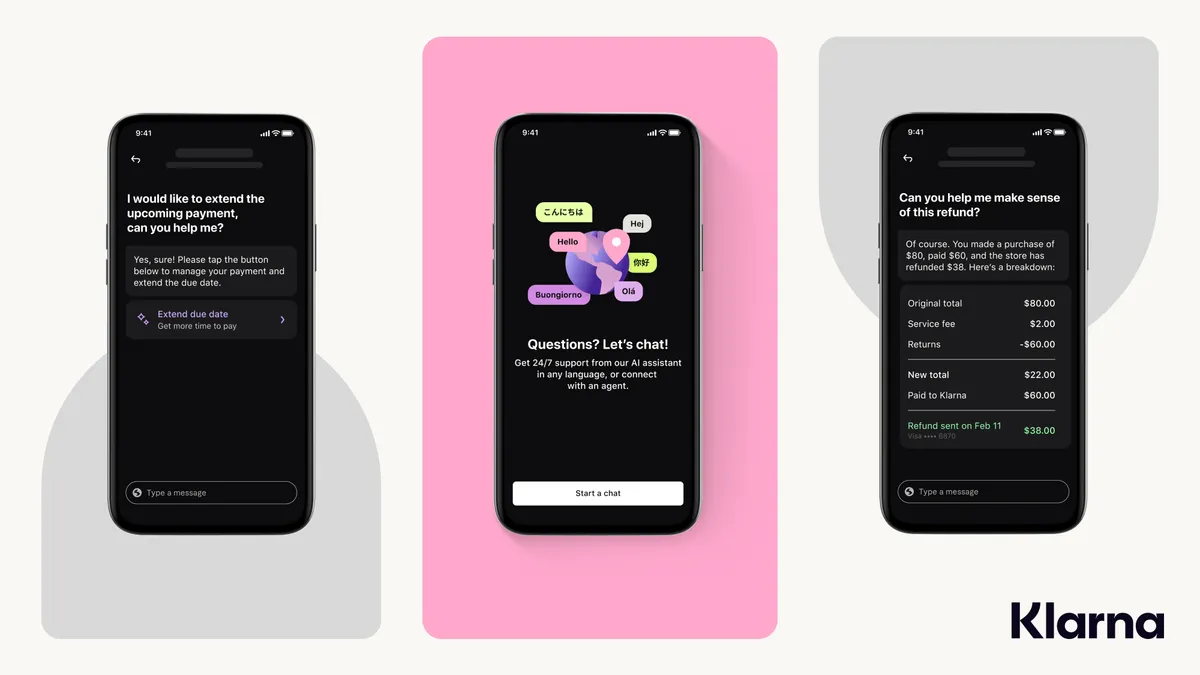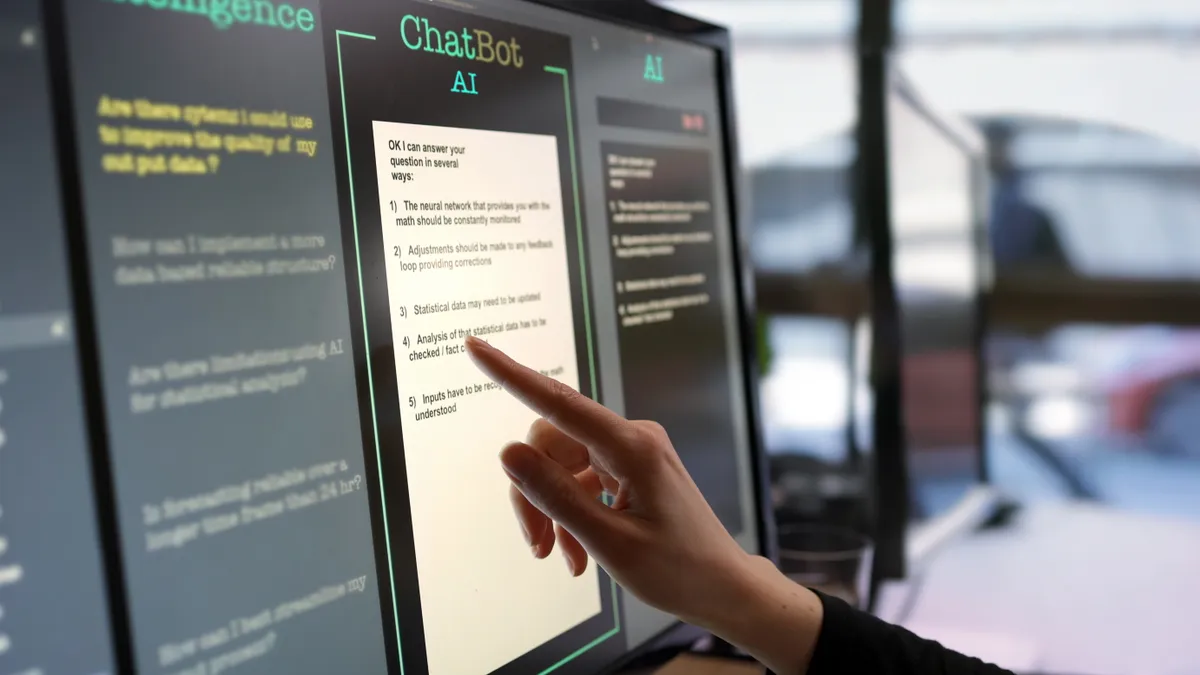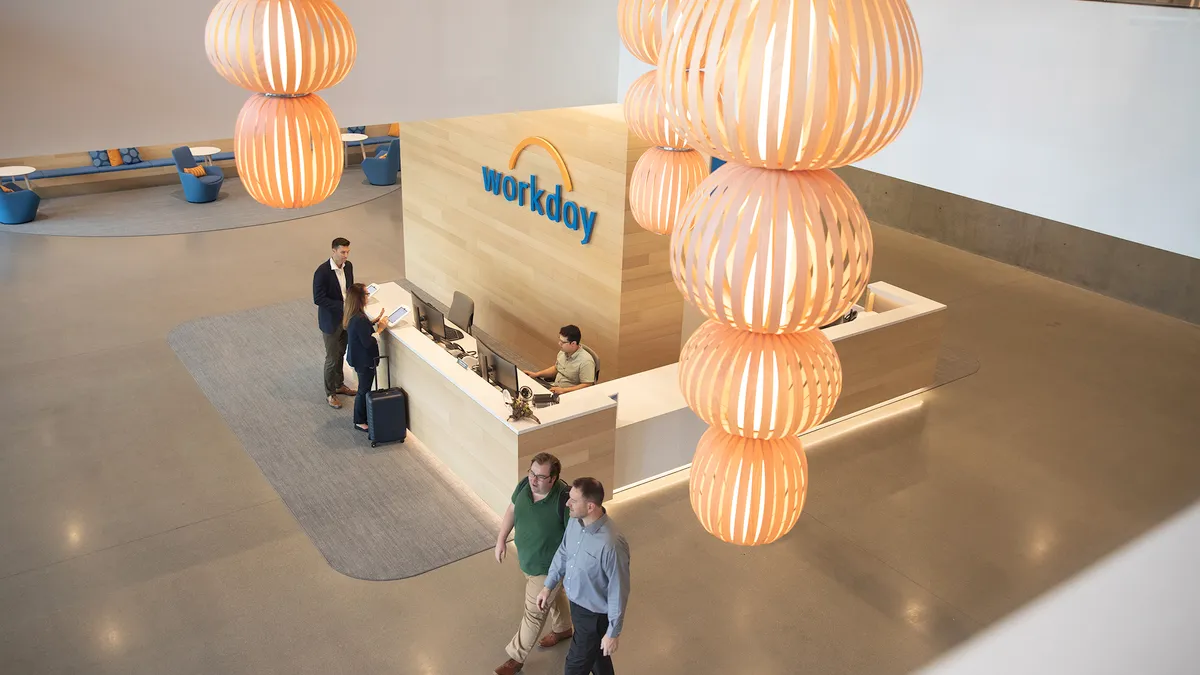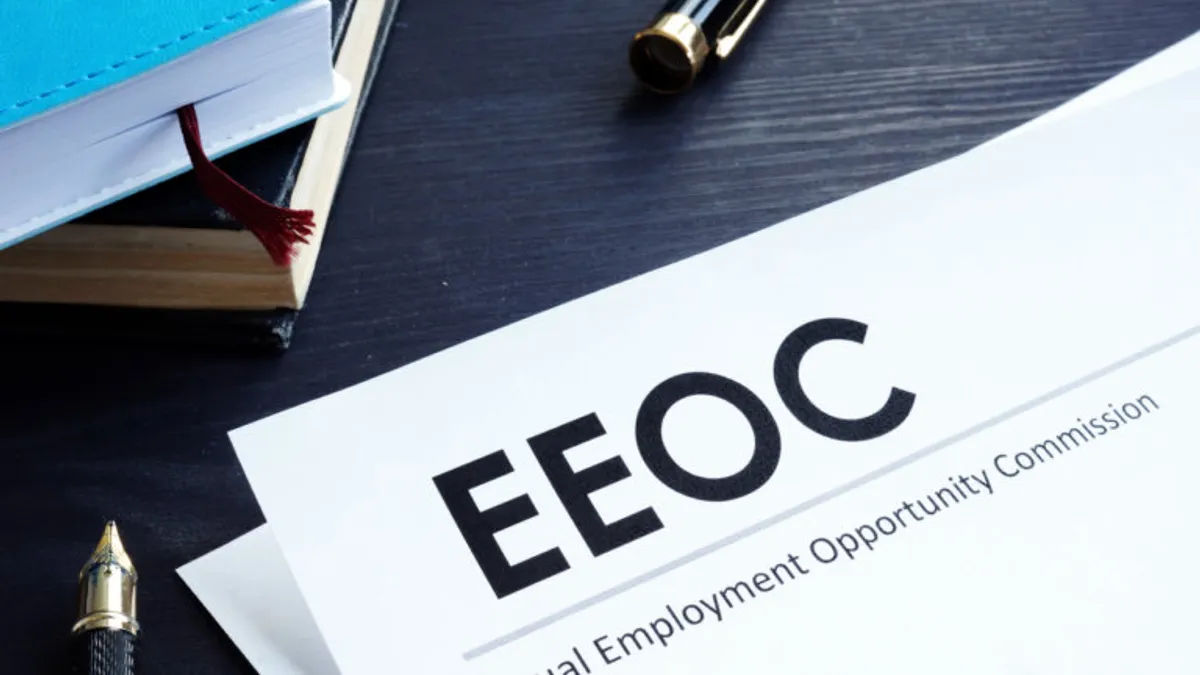As IT leaders weigh the risks and benefits of generative AI tools, the next wave of products infused with the technology is already gathering momentum.
Nine in 10 venture capital-backed companies have plans to launch generative AI in their products, with nearly two-thirds aiming to do so before the end of the year, according to a recent report by Productboard.
The product management platform company, which introduced its own new AI solution Thursday, surveyed more than 300 CEOs, founders and product and technology officers at venture-backed tech companies in April and May.
A push to bring functionalities to market quickly is underway, the report found. One in 10 respondents said their company had already introduced a generative AI product and 19% are on track to launch new tools this quarter.
The VC money is there for AI/ML start-ups, according to a May report by Bessemer Venture Partners. Nearly all of the VC firm’s 60 partners said they were prioritizing investing in AI and ML tech companies.
Some of the innovations are coming from companies that were active in the space prior to the recent surge, Ilya Fushman, partner at VC firm Kleiner Perkins and former head of product at Dropbox, told CIO Dive.
“We have AI companies in our portfolio that we backed four or five years ago,” Fushman said, referencing Glean, an enterprise search startup funded by Kleiner Perkins since its inception in 2019. Glean introduced generative AI search capabilities in April and added a feature similar to the ChatGPT interface earlier this month.
Fushman said his firm is focused primarily on companies using AI to improve existing products, while also assessing companies positioned to provide the GPU processing infrastructure needed to support training models.
Industry verticals are another area ripe for innovation, Fushman said.
Big markets in traditional spaces, such as transportation, supply chain, healthcare and financial services, present opportunities for AI solutions that provide better data insights and improve existing processes.
“If you’re a company with an existing business with good unit economics and you can become that much better with AI, it’s a distinct advantage,” said Fushman.
Most of the companies surveyed — 9 in 10 — have allocated engineers and product developers to generative AI projects, the report found. Just over half of those companies reassigned existing team members to AI projects, while 3 in 10 plan to recruit new talent.
The first wave of enterprise use cases came via hyperscalers. Microsoft, Google Cloud and AWS had the infrastructure and talent in place to quickly offer generative AI through accessible APIs.
Big enterprise software and service providers with hyperscaler partnerships like Salesforce, Snowflake and Stack Overflow quickly followed.
Several providers are also supporting generative AI projects through accelerators and funds. Salesforce Ventures doubled its original $250 million generative AI fund to $500 million earlier this month. AWS doubled the size of the cohort for its generative AI start-up accelerator, totaling 21 start-ups.
As access to open source and proprietary models broadens, new enterprise functionalities will emerge.
“Everybody’s doing hackathons with ChatGPT and trying to figure out how to implement this technology internally,” Fushman said. “They’re trying to integrate AI and they are keeping their wallets open for AI.”









